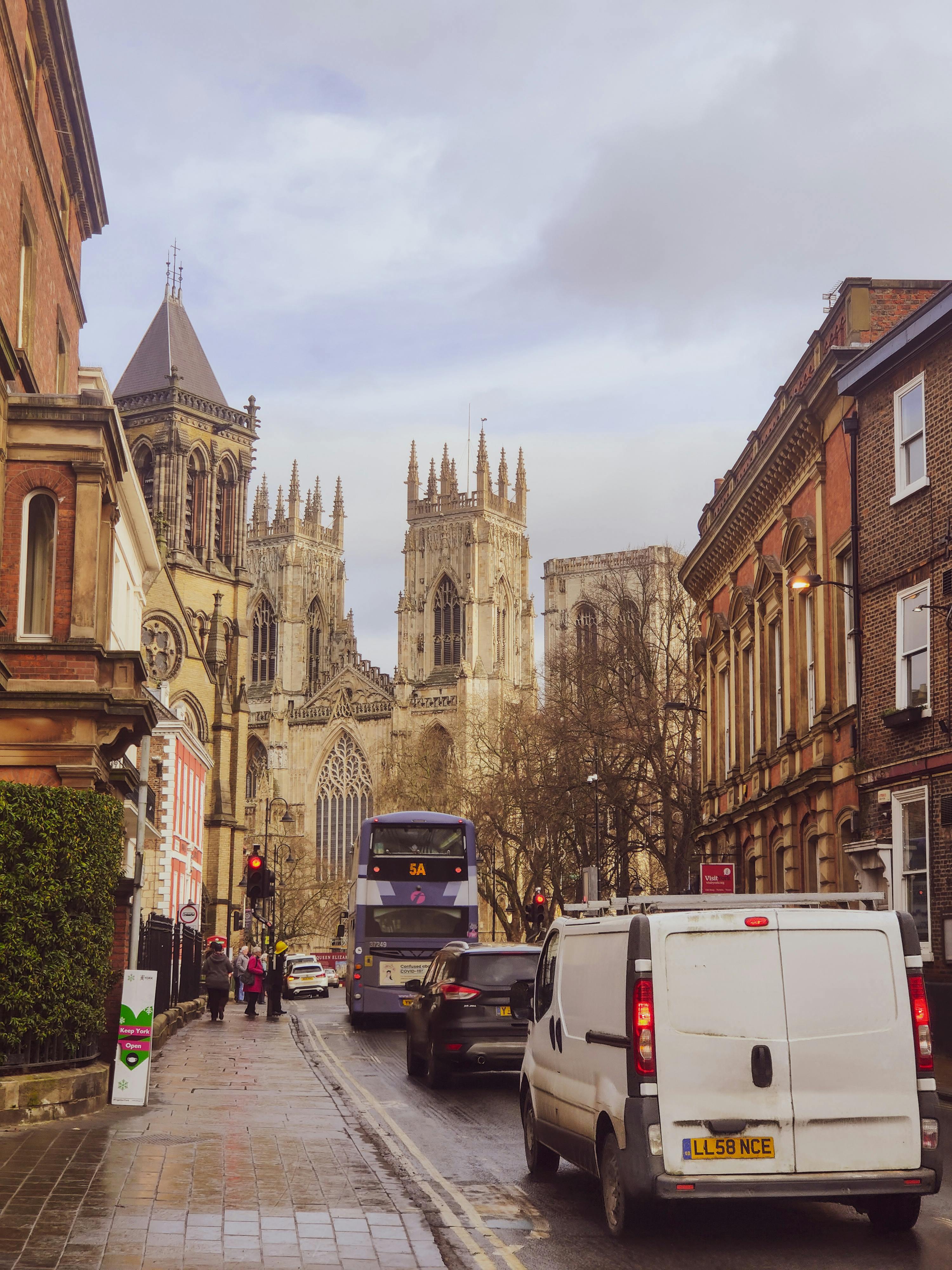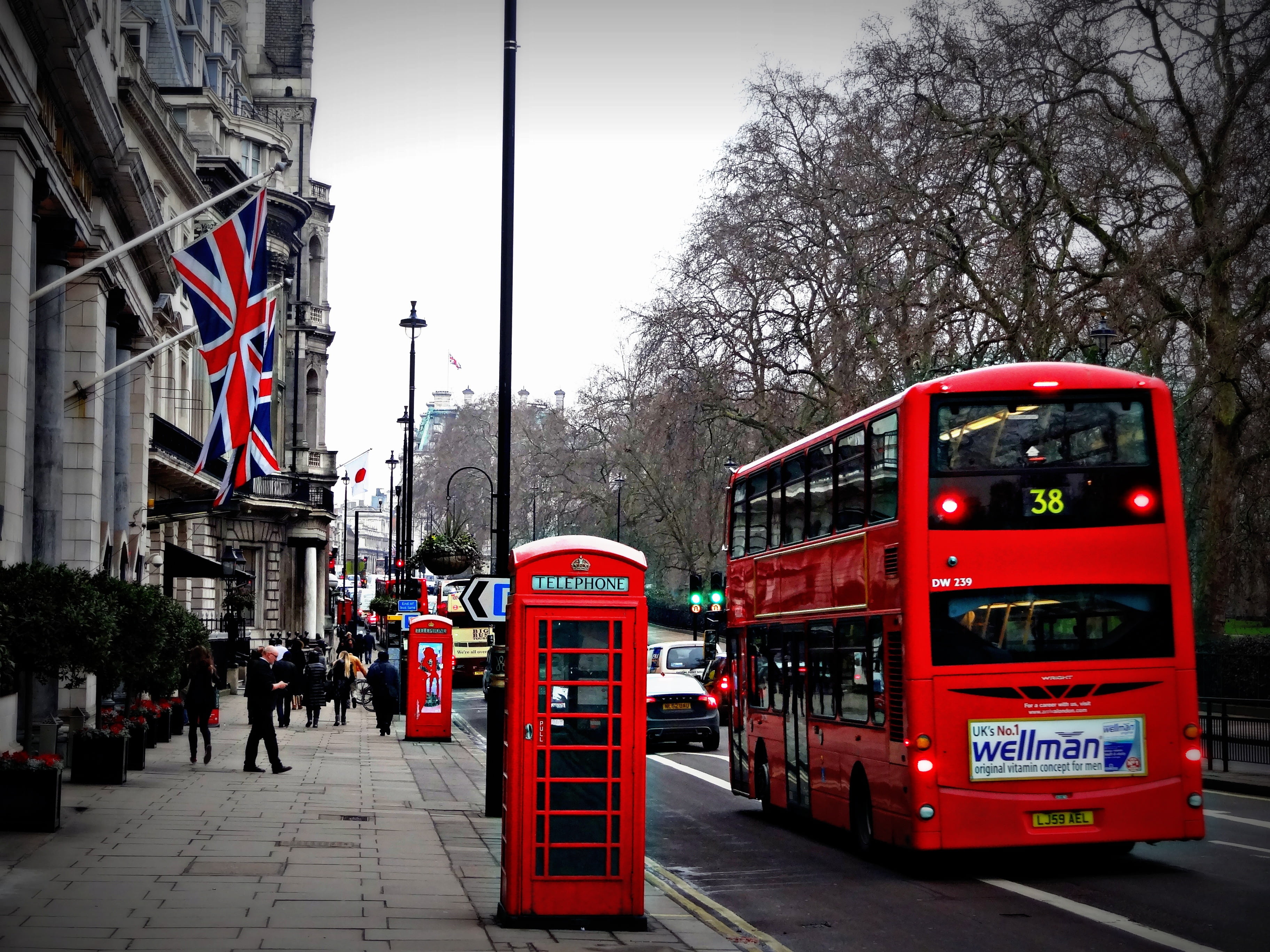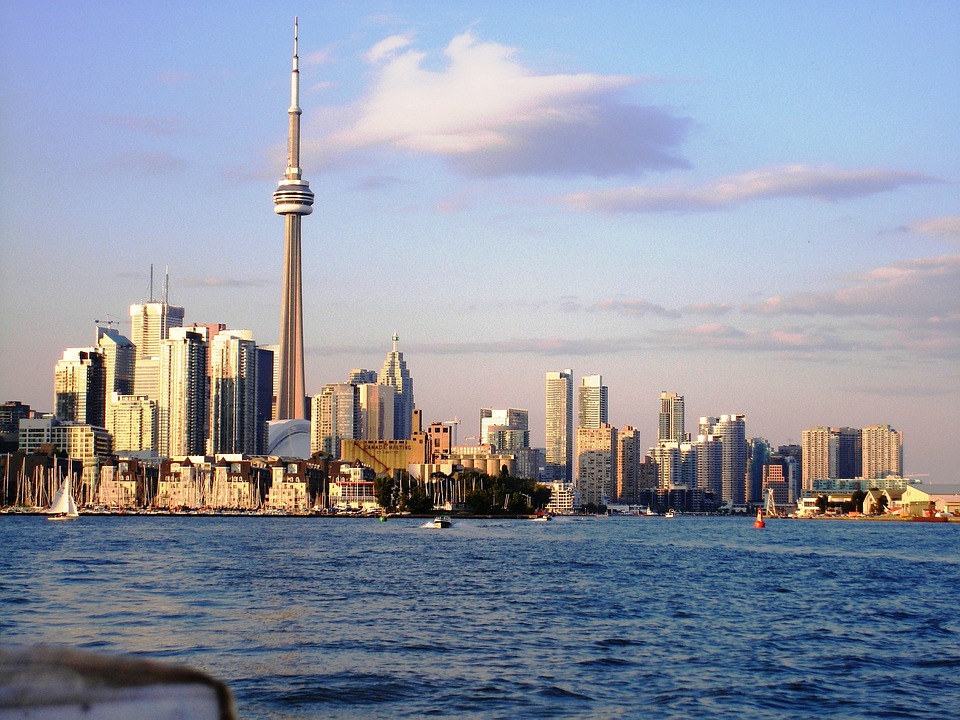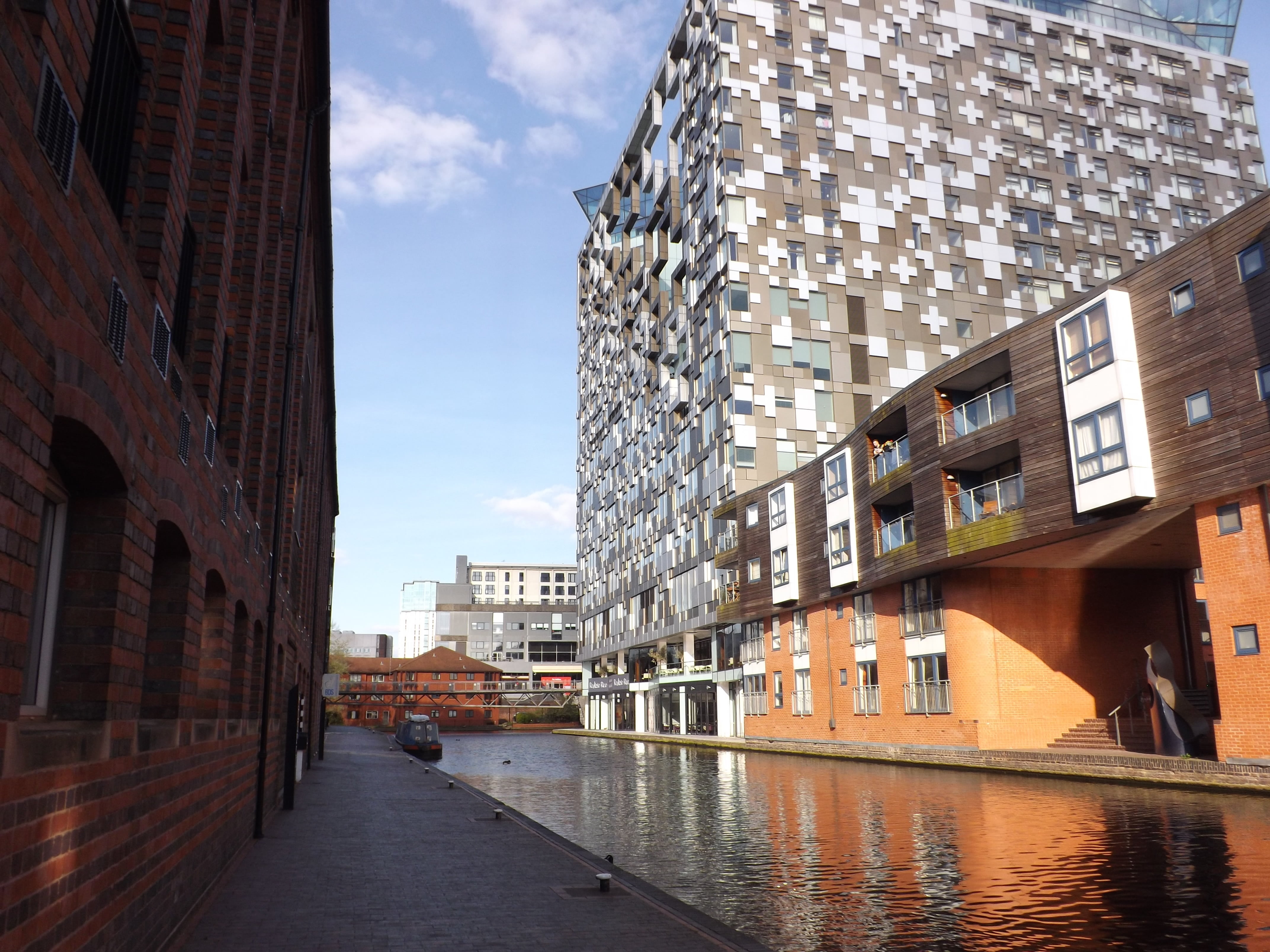Are you excited about your life in the UK? To live better, you need to know more about public transport UK, as it offers greater convenience to get around to other places. Whether you want to go from one street to another street, one city to another city, or from UK to another country, you are able to find the right ways of transportation if you read this guide. So, let’s begin and get some information.
Public Transport UK: Overview
If you are new to Britain, you may feel confused about public transport UK. However, you have lots of options for ways of transportation. For a long journey, you can take a train, plane, or coach. For a short distance, you can take a bus, metro, or tram. It’s quite convenient. But according to statistics, Transport UK is the most expensive in Europe. Here is some key information about public transport UK (data from Statista and Investing Strategy).
- Spending on public transport in the United Kingdom reached £4.7 billion in 2024/25.
- In the 2023/24 financial year, the government of the United Kingdom spent the most on railways, with approximately £26.8 billion.
- 64% of UK respondents use their own or household car as the most common mode of transportation for commuting.
- The average commute distance for a single occupancy car journey in the UK is 19.5 miles.
- About two-thirds of Londoners pay £20 or more a week to commute, with an average cost of £64.19.
1. Britain Buses
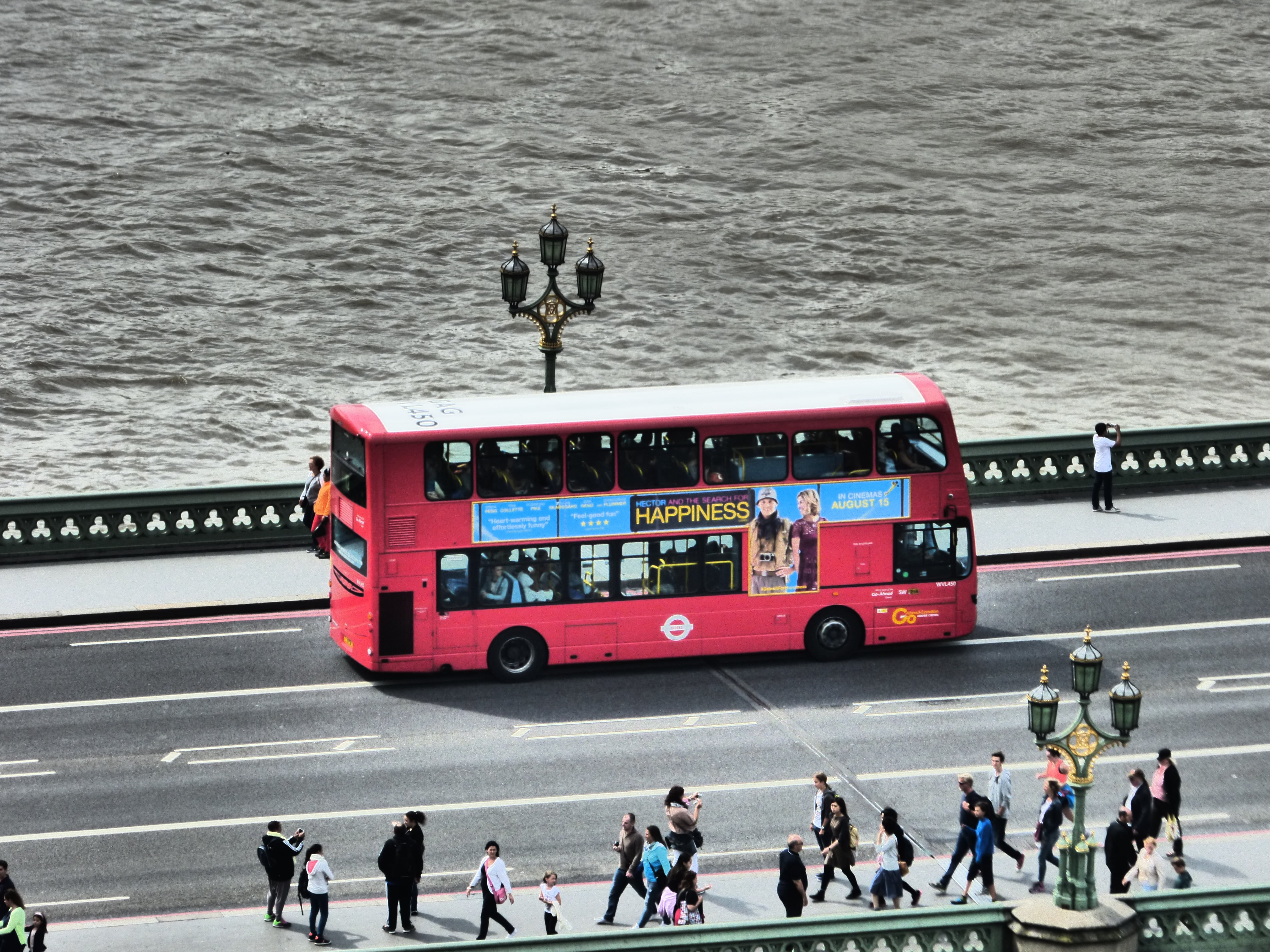
In Britain, buses are everywhere, connecting the streets of cities. What’s more, Britain buses have become a unique feature of their own. The red double-decker bus shuttles through the city, becoming a thing that visitors have to experience in the UK. Buses in some cities, such as London and Leeds, are operated by local governments, not for profit, which is a kind of convenience service. Therefore, the Great Britain bus in these places is relatively affordable and is an important choice for people living in the UK. Fares vary widely from city to city and from operator to operator. Thus, it is recommended to choose according to individual needs and travel plans.
- Timetables: In the UK, bus timetables can usually be found on signs at bus stops, or via real-time traffic apps such as Google Maps, Citymapper, etc.
- Boarding rules: On London buses, you should board at the front door and alight at the back door.
- Payment: In some cities, buses may accept cash payments. Please be sure to have your change ready, as the change service is limited. Well, how to pay for London buses? In London, it is recommended to pay for bus fares with an Oyster Card, Visitor Oyster Card, or contact bank card. These payment methods are becoming more and more common on buses in other cities.
- Single and day tickets: Single tickets are good for short trips, while day tickets are good for passengers who take the bus multiple times throughout the day.
- Regional fares: In some cities, bus fares may vary depending on the area of travel. Understanding regional divisions and corresponding fares is crucial to planning affordable travel.
2. England Metro
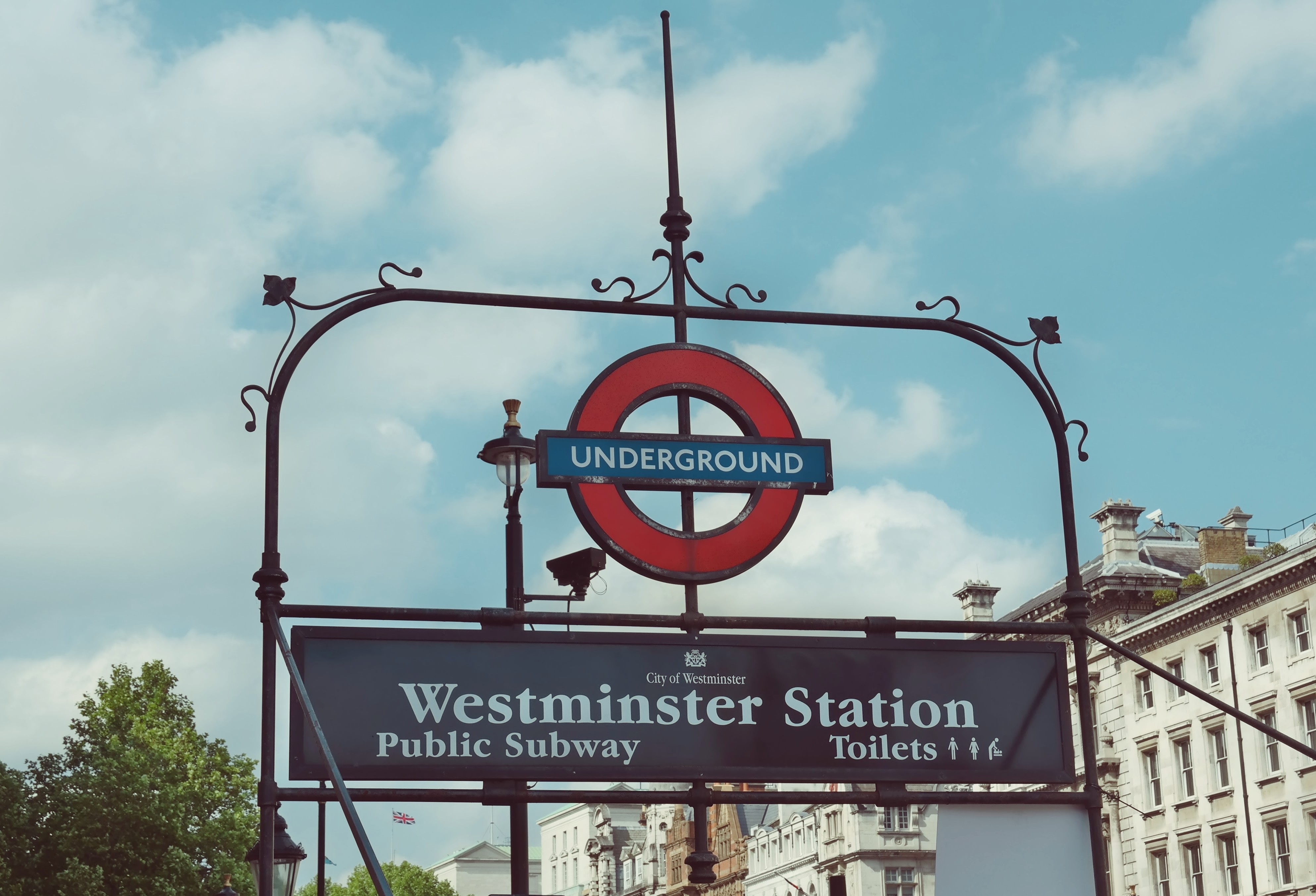
The England metro is one of the oldest underground systems in the world. Its system is huge and covers a wide area, including central London and some suburbs. The tube uses different colours to represent different lines, providing passengers with convenient travel choices. However, London is not the only city in the UK with a metro system. Newcastle, Glasgow, and Liverpool also have tubes. UK underground fares are determined by travel Zone and time (peak or off-peak). In general, the more areas covered, the higher the fare. Tickets are also more expensive during peak hours.
- Navigation: It is essential to be familiar with the metro map. To know more about London and other UK tubes, you can download an underground map or use a navigation APP, such as Citymapper, to plan your route.
- Payment: The Oyster card is the main payment method for the London underground and offers a variety of forms, such as prepaid, daily, and weekly tickets. Travelcard offers unlimited metro rides for several days.
- Single and day tickets: For passengers who do not use the tube frequently, they can choose to purchase a single ticket or a day ticket. Day tickets allow unlimited rides on the metro in one day.
- Peak hours: The peak hours of the metro service are from 06:30 to 09:30 and 16:00 to 19:00 from Monday to Friday (excluding public holidays). If you travel during these times, your metro fare will be higher.
- Timetables: United Kingdom metro timetables vary from region to region, but most underground in the UK run from 05:00 to 00:00. On weekends, there is a 24-hour night service on some lines.
Trains in United Kingdom
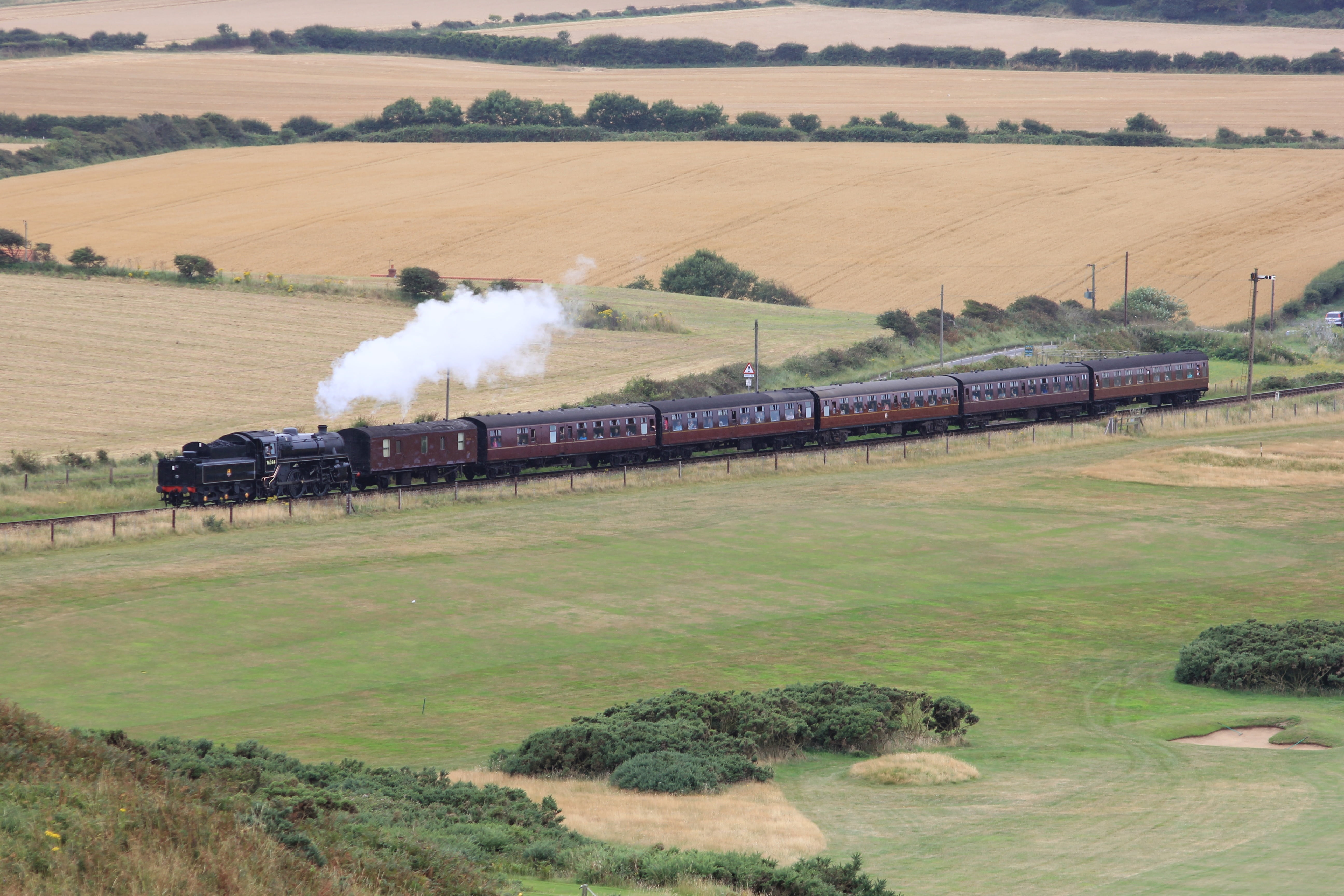
Britain has a long and proud history of train travel. There are a number of impressive train stations in the country, such as London St Pancras International Station, Bristol Templemids Station and Huddersfield Station. Britain’s train network, mainly operated by National Rail, connects almost all of the country’s major cities and many small towns. From King’s Cross station in London to Edinburgh, the train network covers all corners of the United Kingdom, providing convenient and fast intercity transport services. There are only three international railway stations in the UK: London St Pancras, Ebbsfleet and Ashford. From these stations, you can travel by Eurostar to several European cities, including Paris, Brussels, and Amsterdam.
- Timetables: Trains in United Kingdom do not run 24 hours a day as they usually stop between 01:00 and 05:00. If you want to find out more about when trains are running, use the National Rail website or APP to check the train timetables for departure times, arrival times and expected delays.
- Types of tickets:
- Advance tickets: Advance tickets can often be purchased in advance to get a better price. These tickets usually have a fixed departure time and date. Advance tickets are usually the cheapest, but have more restrictions.
- Off-peak tickets: It is suitable for off-peak travel and is relatively cheap, but time options are relatively limited.
- Anytime tickets: It offers maximum flexibility and can take the train at any time, but the price is relatively high. The anytime ticket is the most flexible but has the highest price.
- Railcard discount: Passengers with Railcards can enjoy discounts on train fares, such as the 16-25 Railcard, Two Together Railcard, etc.
Transport UK: Tram
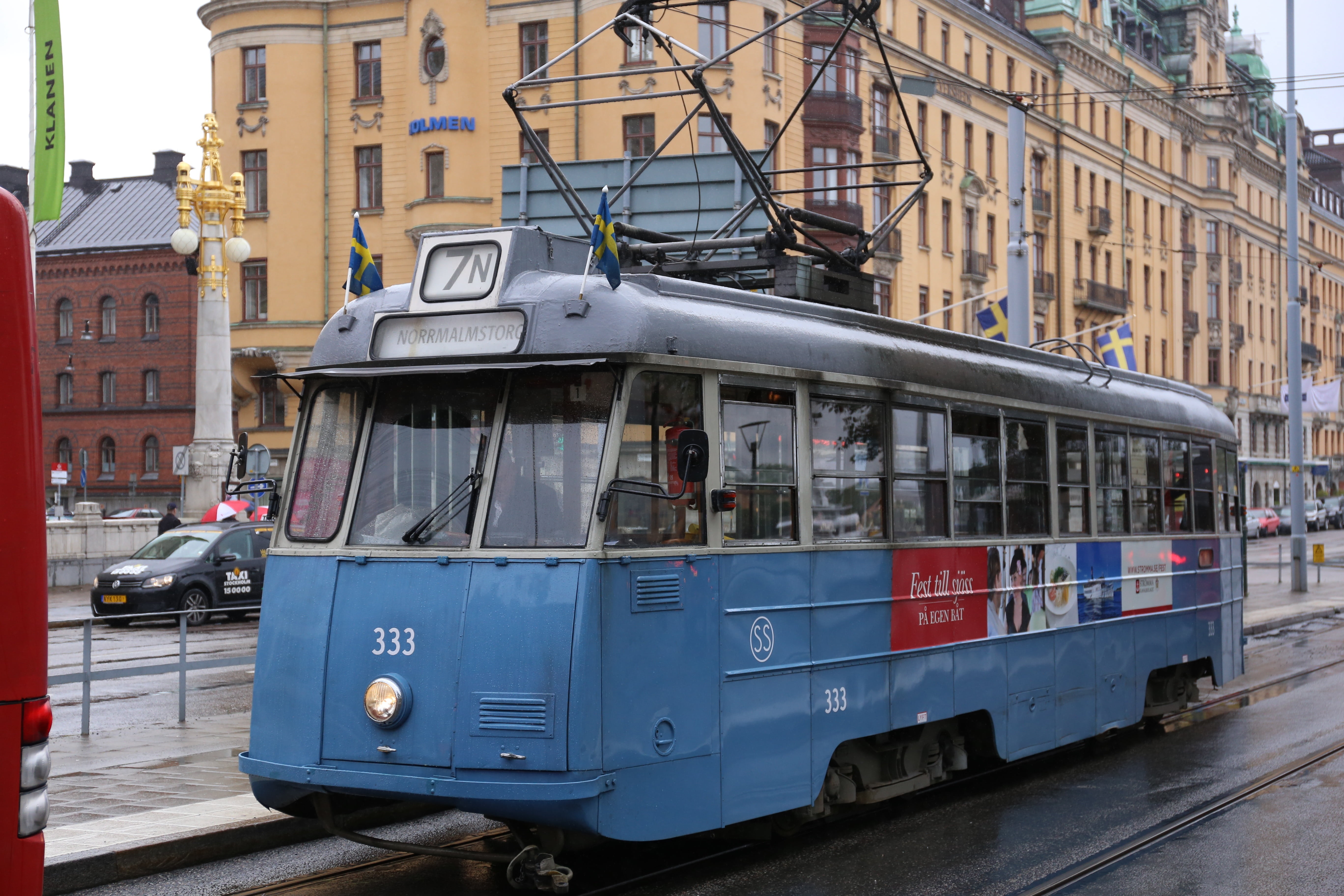
Although the tram network in the UK is not as extensive as the tube and buses, in some cities such as London, Manchester and Edinburgh, trams provide fast and efficient transport services. Generally, British cities have either a tube system or a tram system, but only London has both. London’s tramlines connect the city centre to the suburbs, while Manchester’s tram network is the largest light rail system in the UK. Overall, British trams are clean, modern and reasonably priced. They also often offer great city views, and some also offer free Wi-Fi.
- Cities with tram: London, Blackpool, Edinburgh, Manchester, Nottingham, Sheffield, Tyne and Wear, West Midlands
- Timetables: Trams operate at different times in different cities. In Manchester, trams operate from 06:00 to 00:00, Monday to Saturday and from 07:00 to 00:00 on Sunday. London trams operate for a longer period of time: usually from 05:00 to 01:00, Monday to Saturday and from 07:00 to 01:00 on Sunday.
- Payment: Tram fares vary from city to city. When boarding a tram in London, you can use your Oyster card or contactless credit/debit card. However, if you are outside London, the preferred method of payment is to use a contactless card. In some cities, such as Edinburgh, you need to buy tickets from the ticket machine before boarding.
- Prices: Tram fares are usually comparable to bus fares, but may vary depending on the ride area and time of day.
Taxi UK
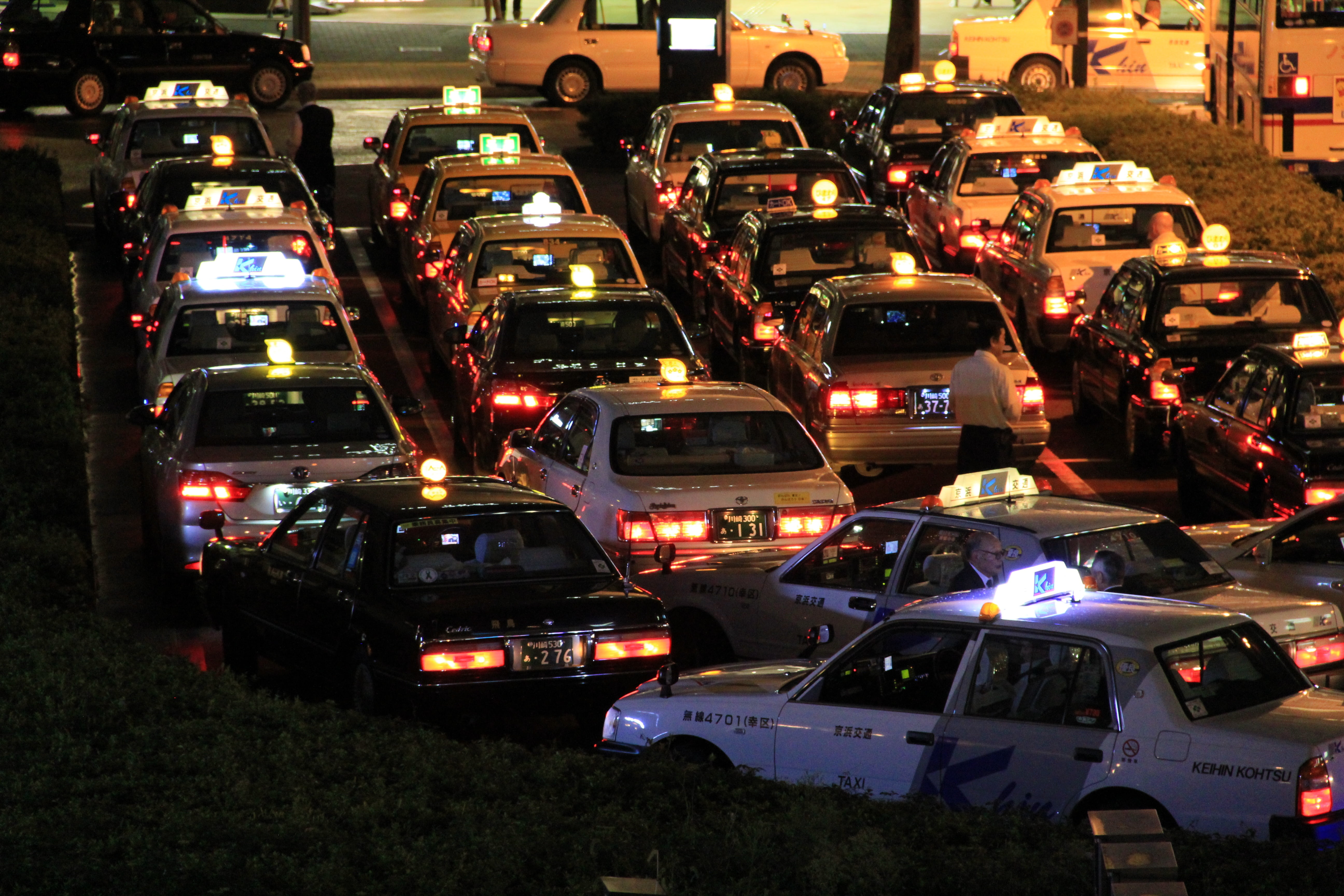
If you’re coming to the UK for the first time and don’t know how to get around, you can always choose to take a taxi. Taxi drivers know well about the routes of capital and neighbourhoods. With the exception of London, almost every town in the UK has its own taxi service. All taxis in the UK — including city black cabs and local minicab companies — are licensed. You should never take an unlicensed taxi. You can always tip the taxi driver if you want, but most locals just round off the fare to the nearest pound.
- Prices: Taxis in UK are operated by meter, so you will be able to see the total cost throughout the journey.
- APP: One of the most popular ways to book a taxi is through Uber or Bolt. The benefit of both apps is that they show the amount of your ride before you step into the taxi.
Coach UK
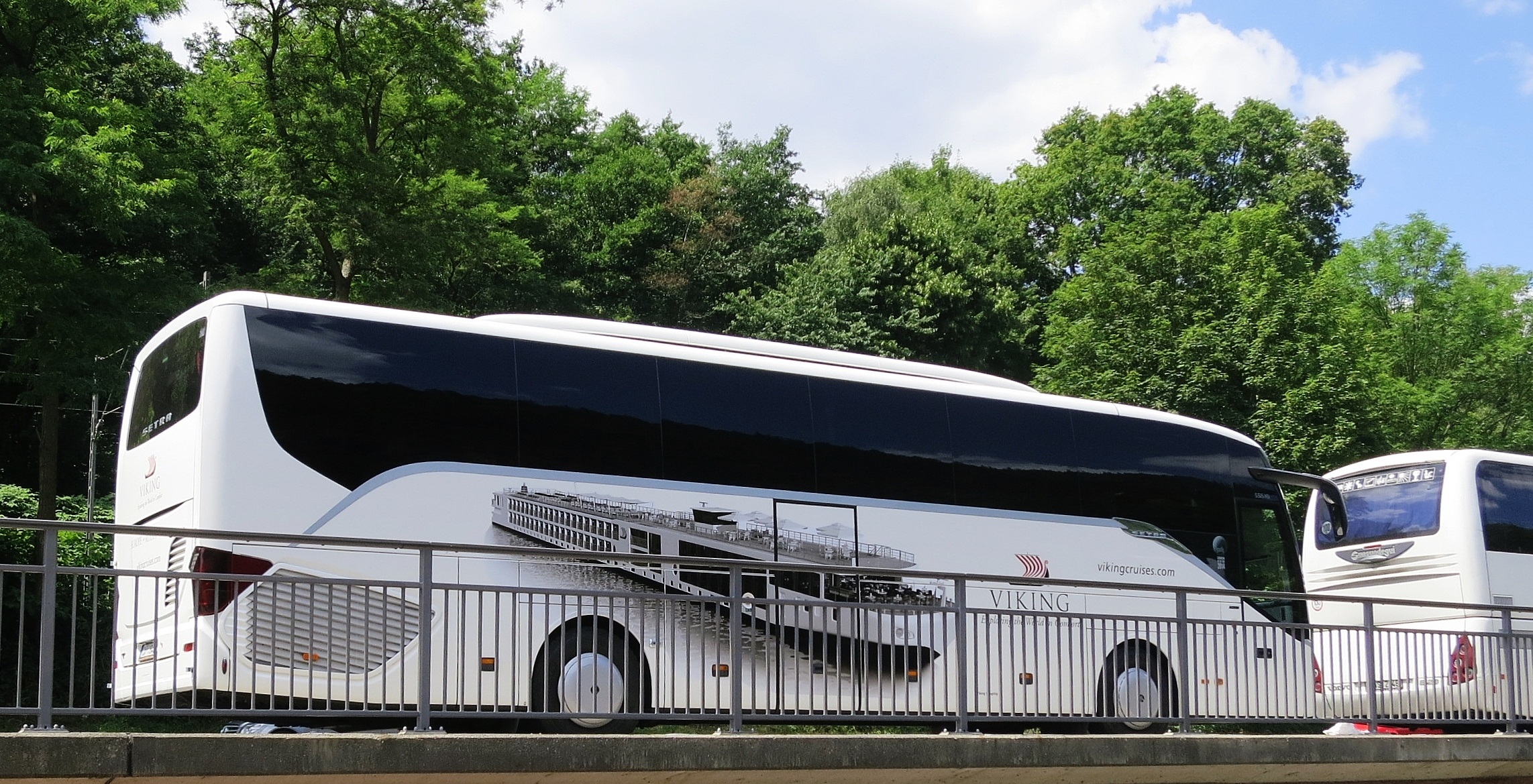
Coaches are similar to buses, only better suited for long-distance travel. Coaches in Britain link up towns and cities in the country. At the local bus stop, you can buy tickets and plan your journey. Alternatively, you can book your tickets online. There are several regional and national coach companies, and National Express and Megabus operate the largest number of nationwide routes. The coach will stop at the service station during the journey. Here you can use the toilet and buy refreshments. The driver will inform you of the departure time before you get off the bus, so be sure to pay attention to his announcement.
Public Transport UK: Plane
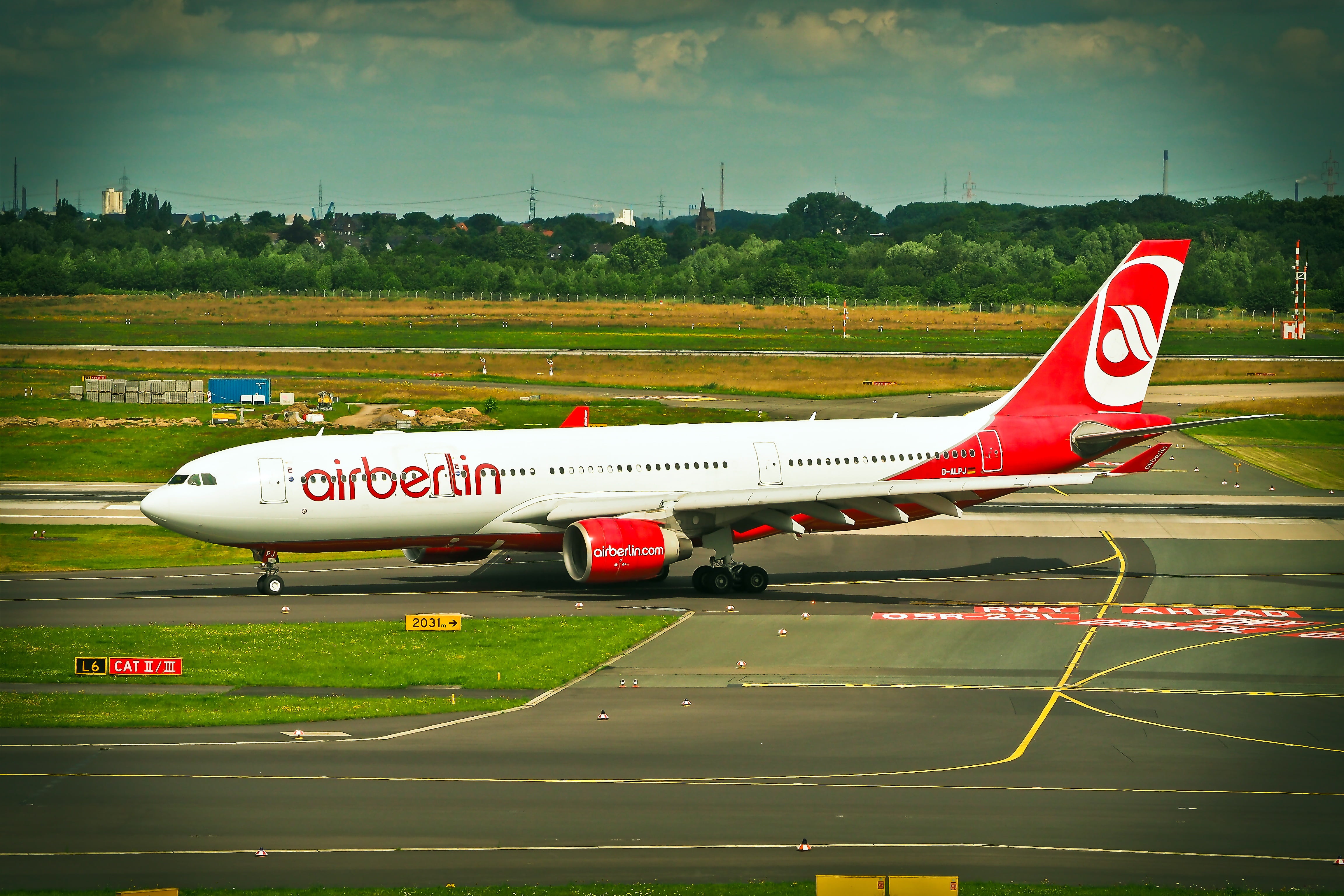
There are about 23 airports in the UK. Among them, there are 6 international airports, including London Heathrow Airport, Gatwick Airport, Edinburgh Airport, Manchester Airport, Leeds Airport, and Birmingham International Airport. London Heathrow Airport is the busiest airport in the UK, followed by London Gatwick Airport and Manchester Airport.
It would be best if you had a passport to travel abroad, even to other European countries. If you are in transit to the UK, you may need a transit visa. However, this is not required if you meet the following conditions:
- Holds an EU Permanent Residence Scheme family permit
- Hold a standard visitor visa
- Hold a Home Office travel document
- Hold a wedding visitor visa
Apps for public transport UK
If you plan to travel to Britain and feel confused, there are a few apps you can rely on. These apps can help you plan the routes of your trip and calculate the cost. Some of these apps are listed below.
Citymapper
As a public transportation app and mapping service, Citymapper displays various transportation options between any two supported cities, and often offers real-time timing. The basic data comes from a variety of sources, including open data (usually GTFS files provided by transportation authorities) and local transportation authorities. In addition to public transport, it integrates data on all modes of urban transport, including walking, cycling, and driving. It is free for users and is supported by mobile applications on mobile devices (such as mobile phones) and Internet websites.
UK Bus Checker
UK Bus Checker tracks bus journeys across the UK, covering more than 300,000 bus stops. With real-time bus information and the option to buy mobile tickets, it’s your app for catching a bus in the UK. You can download it on Android and iOS.
Transport for London (TFL)
Transport for London (TFL) is the local government authority responsible for managing the public transport system in the Greater London area of the UK. Its main role is to implement transport policies or plans and to manage transport services in London.
Each of the three main parts of TFL is responsible for the management of different means of transport. These three main parts are: the London (underground) Railway, the London (above) Railway, and surface transport. TFL also owns and operates the Transport for London Museum in Covent Garden, which preserves and displays many of London’s transport-related artefacts.
Trainline UK
Trainline is a UK-based digital rail and coach technology platform owned in the United States and operated in Europe. It sells train tickets and rail cards, and has free access to real-time train times and station information through its website and mobile app, which is available on iOS and Android platforms. It was listed on the London Stock Exchange.
Uber
In the UK, Uber is widely used. It connects passengers and drivers, offering car rental and ride-sharing services. If you want to take a taxi, you can use Uber.
Omio
Omio, Europe’s leading integrated transport ticketing platform, was founded in Berlin, Germany. Omio’s metasearch engine researches and connects more than 800 transport companies, including trains, flights, buses, and ferry companies in 37 countries. Users can see various transportation transfer options and purchase tickets directly on the website or mobile app, without going through the websites of different companies in different languages and cumbersome ticket purchasing processes.
How are the transportation services in UK?
As much as the British love to complain about their public transport, it has to be admitted that British public transport is excellent in many aspects. For example, in terms of facilities for the disability and environmental protection, Britain’s public transport has been improving, trying to build public transport in line with Britain’s image as a developed country.
Public transport UK is disability-accessible
For disabled people, there are more than 200 railway stations in the UK that have wheelchair-accessible platforms and level access, to ensure that wheelchairs can easily board. Guide dogs and assistance dogs are also allowed to get aboard public transport UK. If you’re still worried about getting on board, you can also ask for help at the station’s ticket booth or call the station ahead of time to make sure your journey is smooth. If you have a disability, you can easily enjoy discounts and free travel in the following cases.
- Disabled person’s railcard for discounted train rates
- A bus pass for free travel on buses around the UK
- Freedom pass for free travel across London and on buses around the UK
Public transport UK is environmentally friendly
Britain always plays a leading role in carbon reduction. The UK is taking significant steps to reduce carbon emissions in the field of public transport, so London has been described as one of the most sustainable cities in the world. By 2030, mayor of London aims to make London a carbon-free capital. London public transport also contributes to this goal. In fact, London currently possesses 2,600 hybrid diesel-electric buses, which have already reduced emissions by 30-40%.
Choosing the best public transport UK
It is challenging to find the proper public transport in a totally strange place. Thus, we release this complete guide to public transport UK, so as to help you adapt the life in UK faster. If you are new to the UK, you can use this guide to choose the right ways of transportation for you. If you still need to discover the proper accommodation, you can visit uhomes.com. We have a sufficient supply of apartments and professional consultants who can guide you until you find the perfect house.
FAQ
Living in UK is really convenient. For public transport UK, you have many choices, including bus, tube, train, tram, taxi, coach, plane, etc.
You have many choices. You can buy a ticket from the driver when you board, use a travel card, Oyster card or use a debit or credit card in some cases. You can buy single or day tickets according to your needs. For regular journeys, it’s better to consider a season ticket to save money.
In London, it is recommended to pay for bus fares with an Oyster Card, Visitor Oyster Card or contact bank card.
The cheapest mode of transport in the UK is by bus, especially by using a Visitor Oyster Card.
In the UK, you can get a bus pass for free travel when you reach the State Pension age. For example, you can get free public transport in London when you are 60 years old.
If you are disabled, you can get a bus pass for free travel around the UK.


